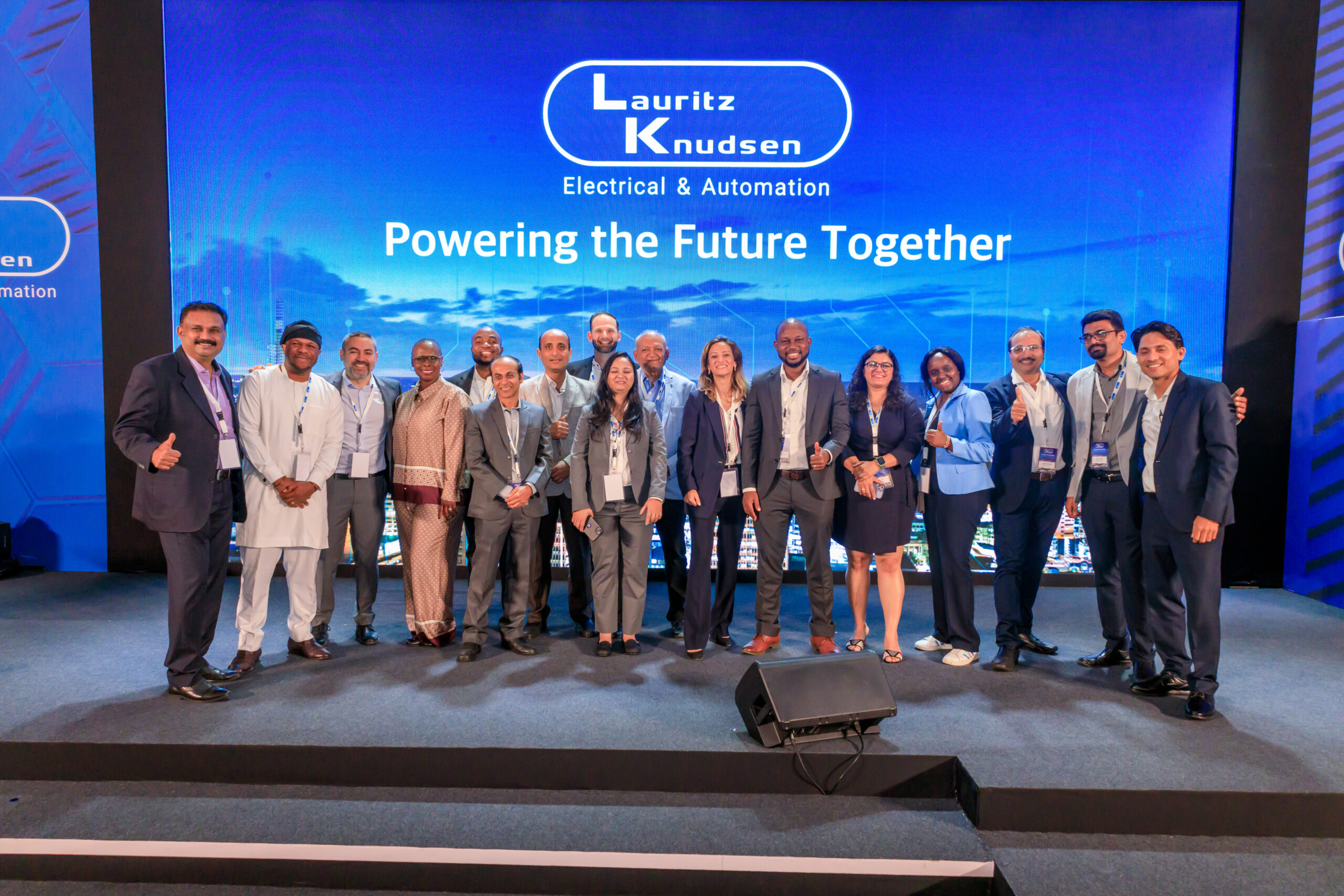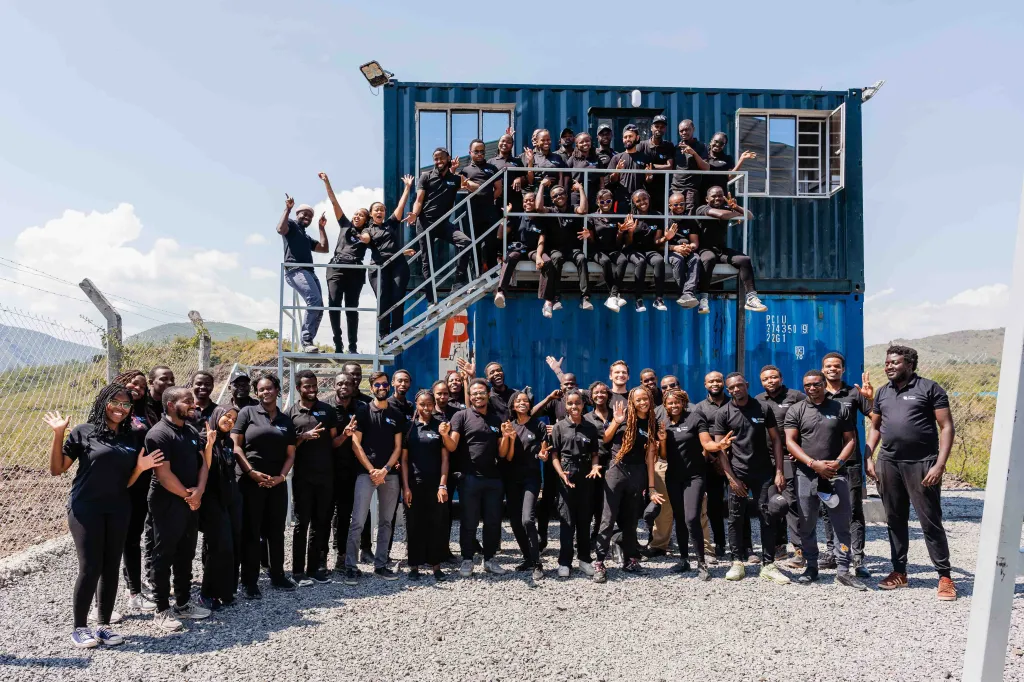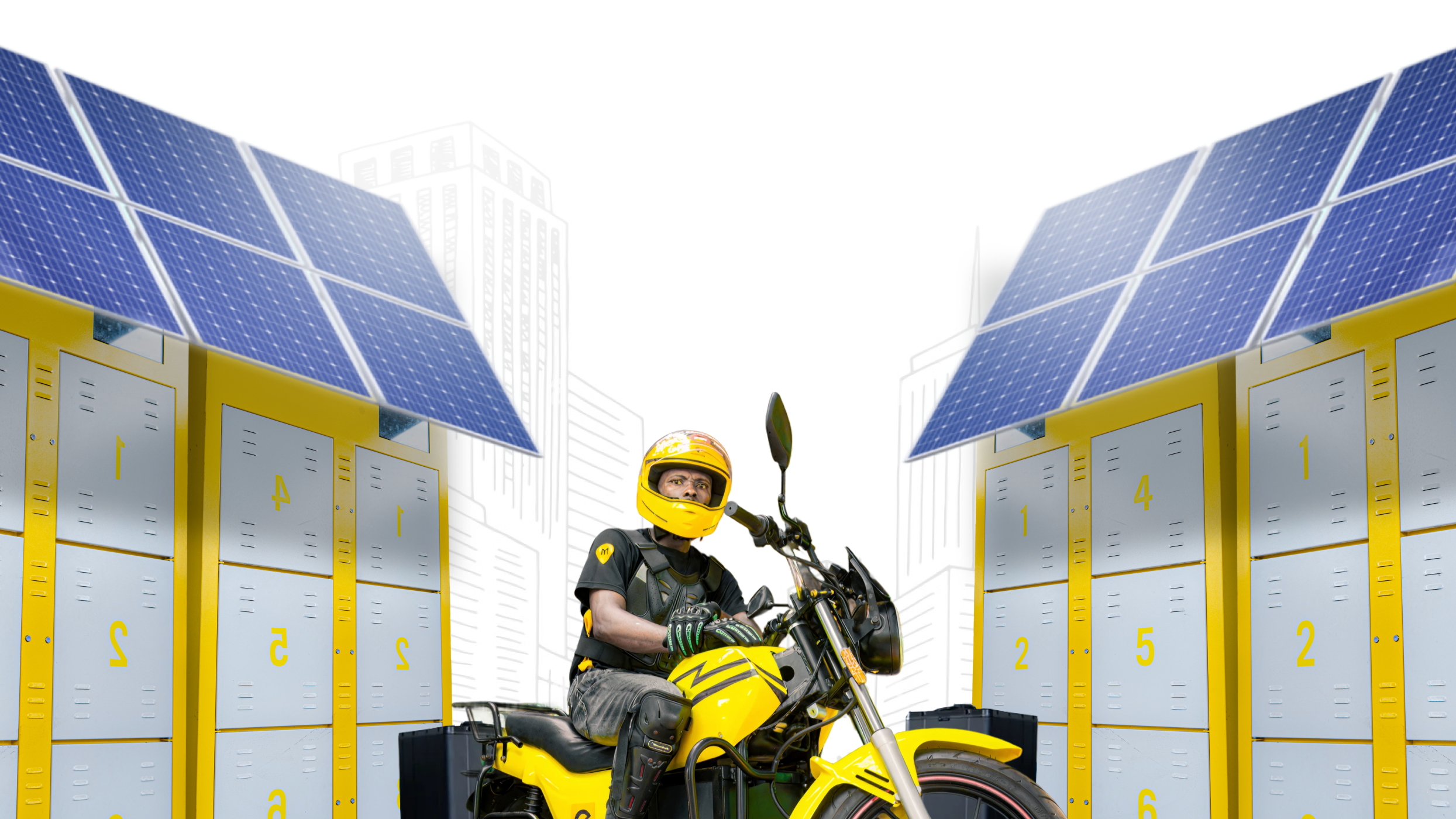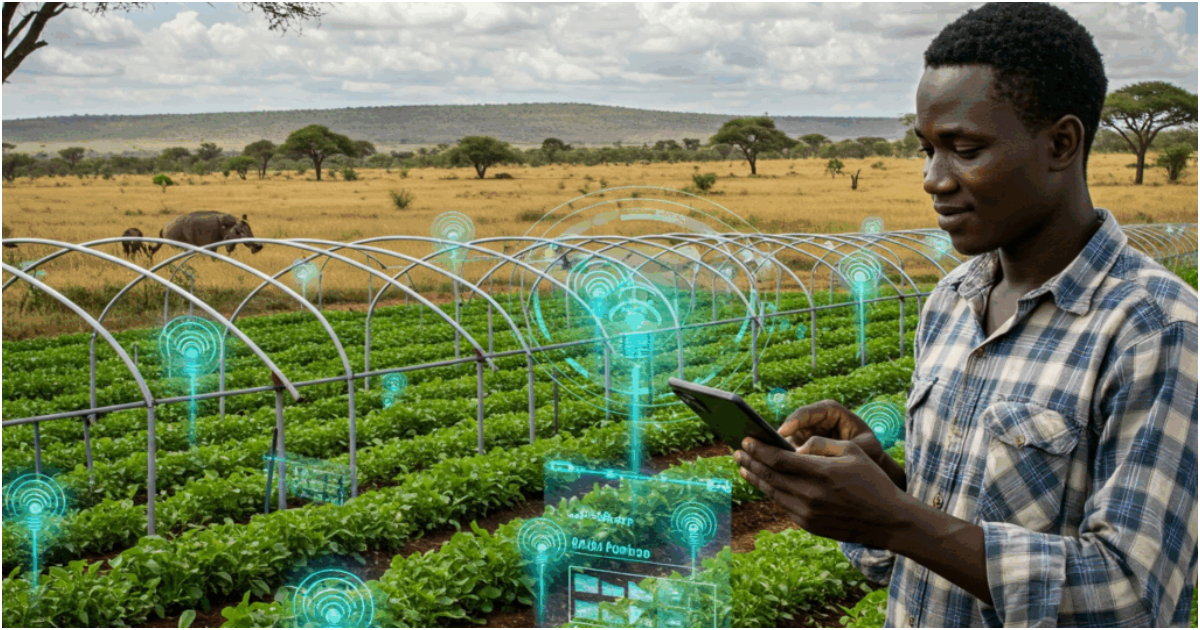Lauritz Knudsen Electrical & Automation (LK), a global leader in electrical and automation solutions, recently launched its operations in Nairobi, marking its first venture into the African market.
With over 70 years of expertise, the company, now under Schneider Electric’s umbrella, chose Kenya as its strategic gateway to the continent. But why Kenya?
Kenya’s Economic and Strategic Appeal
Kenya stands out as East Africa’s economic powerhouse, with a rapidly growing economy and a strategic location that makes it a natural entry point for businesses eyeing the continent.
Nairobi, often dubbed the “Silicon Savannah”, is a hub for technology and innovation, hosting numerous startups and multinational corporations.
LK’s decision to establish its African headquarters in Nairobi aligns with the city’s role as a regional business epicentre, offering access to markets in Uganda, Rwanda, and Tanzania.
The country’s stable political environment and robust infrastructure further enhance its appeal for global players like LK.
A Booming Market for Smart Infrastructure
Kenya’s rapid urbanisation and infrastructure development create fertile ground for LK’s portfolio of smart energy and automation solutions.
The country is investing heavily in smart city initiatives, grid modernisation, and sustainable energy systems. LK’s offerings, ranging from low-voltage switchgear to intelligent power distribution and EV charging infrastructure, are tailored to meet these demands.
For instance, Kenya’s push for electric vehicle (EV) adoption, supported by government incentives, aligns perfectly with LK’s comprehensive EV charging solutions, positioning the company to support the nation’s clean energy transition.
Opportunities in Industrial and Agricultural Sectors
LK’s entry into Kenya isn’t just about urban markets. The company is introducing next-generation industrial automation systems to enhance efficiency in manufacturing, logistics, and utilities.
These solutions promise reduced downtime and improved productivity, critical for Kenya’s industrial growth. Additionally, LK’s precision agriculture tools, such as remote monitoring and water-efficient technologies, address the needs of Kenyan farmers facing climate challenges.
By boosting crop yields and optimising resources, LK aims to contribute to food security and sustainable farming practices.
READ ALSO:
What Britam’s EV Insurance Means for Your Battery and Wallet
Commitment to Local Partnerships and Sustainability
Unlike a remote exporter, LK is committed to building deep roots in Kenya. The company plans to forge local distribution partnerships, invest in training programmes, and provide after-sales support to ensure long-term success.
This approach not only creates jobs but also aligns with Kenya’s national goals for energy efficiency and sustainable growth.
LK’s global COO, Naresh Kumar, emphasised this commitment at the Nairobi launch, stating, “We’re inspired by Kenya’s dynamic growth and commitment to innovation. Our advanced, energy-efficient technologies are designed to meet the unique needs of Kenya’s residential, commercial, and industrial sectors.”
Leveraging a Global Legacy for Local Impact
Formerly known as L&T Switchgear, LK rebranded after its acquisition by Schneider Electric in 2020, bringing a global manufacturing footprint and decades of expertise to Kenya.
The company’s portfolio includes smart home systems, industrial automation, and energy management solutions, all designed to meet international safety standards while addressing local needs.
By offering end-to-end solutions, LK aims to empower Kenyan businesses, developers, and policymakers in building a smarter, greener future.
Why Kenya Stands Out
Kenya’s unique blend of economic stability, urban growth, and commitment to sustainability makes it the ideal launchpad for LK’s African ambitions.
The country’s infrastructure projects, from commercial real estate to off-grid energy systems, align with LK’s expertise in smart energy and automation.
Moreover, Kenya’s role as a gateway to East Africa positions LK to expand into neighbouring markets, leveraging Nairobi’s connectivity and influence.
Challenges and Opportunities Ahead
While Kenya offers immense potential, LK faces challenges such as competition from established players, regulatory hurdles, and the need for robust local distribution networks.
However, the company’s focus on training, local assembly, and compliance with Kenyan standards positions it to overcome these obstacles.
Success in Kenya could pave the way for LK to modernise Africa’s energy and infrastructure landscape, driving innovation and sustainability across the continent.
READ ALSO:
How This Partnership Could Slash Downtime for Africa’s Electric Buses
Looking Ahead
Lauritz Knudsen’s choice of Kenya as its first African market is a strategic move rooted in the country’s economic vibrancy, infrastructure growth, and commitment to sustainable innovation.
By offering cutting-edge solutions in smart energy, industrial automation, and agriculture, LK is set to make a lasting impact.
As Kenya continues its journey toward industrialisation and clean energy, LK’s presence signals confidence in the nation’s potential as a leader in Africa’s technological transformation.
Ready to learn more about Kenya’s role in global innovation? Share your thoughts in the comments or explore our other posts on Africa’s tech revolution!
Ronnie Paul is a seasoned writer and analyst with a prolific portfolio of over 1,000 published articles, specialising in fintech, cryptocurrency, and digital finance at Africa Digest News.






